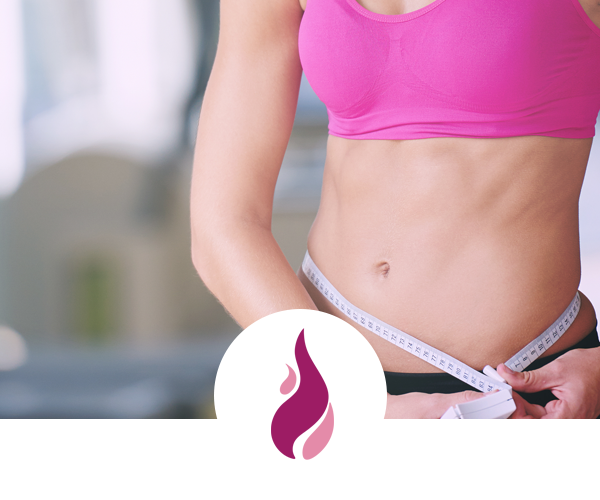Website Privacy Policy
MENOHealth
Key Details
This website privacy policy describes how MENOHealth protects and makes use of the information you give to the company when you use this website.
If you are asked to provide information when using this website, it will only be used in the ways described in this privacy policy.
This policy is updated from time to time. The latest version is published on this page.
This website privacy policy was updated on 15 October 2018
If you have any questions about this policy, please email info@menohealth.co.uk or write to us at our registered address.
Data Controller
For the purpose of the General Data Protection Regulation EU 2016/679, the data controller is Move it or Lose it Ltd, a company registered under Company No. 07320699, trading as MenoHealth™ whose registered address is The Old School, School Lane, Blymhill, Staffordshire, TF11 8LJ.
Introduction
We gather and use certain information about individuals in order to provide products and services and enable certain functions on the website. We also collect information to better understand how visitors use this website and to present timely, relevant information to them.
What data we gather
We may collect the following information:
- Name
- Contact information including email address
- Other information necessary to answer your enquiries
How we use this information
Collecting this information helps us understand what you are looking for from the company, enabling us to deliver improved products and services.
Specifically, we may use data:
- For our own records
- To improve the products and services we provide
- To contact you in response to a specific enquiry
- To send you general (non-marketing) commercial communications
- To send you promotional emails about products, services and other things that we think might be relevant to you, where you have specifically agreed to this by email or web form
Cookies and how they use them
What is a cookie?
A cookie is a small file placed on your computer’s hard drive. It enables our website to identify your computer as you view different pages on our website. Cookies allow websites and applications to store your preferences in order to present content, options or functions that are specific to you. They also enable us to see information like how many people use the website and what pages they tend to visit.
How we use cookies?
We may use cookies to:
- Analyse our web traffic using an analytics package. Aggerated usage data helps us improve the website structure, design, content and functions.
- Identify whether you are signed in to our website. A cookie allows us to check whether you are signed into the site.
- Test content on our website. For example, 50% of our users might see one piece of content, the other 50% a different piece of content.
- Store information about your preferences. The website can then present you with information you will find more relevant and interesting.
- To recognise when you return to the website. We may show your relevant content or provide functionality you used previously.
Cookies do not provide us with access to your computer or any information about you, other than that which you choose to share with us.
Controlling Cookies
You can use your web browser’s cookie settings to determine how our website uses cookies. If you do not want our website to store cookies on your computer or device, you should set your web browser to refuse cookies.
However, please note that doing this may affect how our website functions. Some pages and services may be unavailable to you.
Unless you have changed your browser to refuse cookies, our website will issue cookies when you visit it.
Controlling information about you
When you fill in a form or provide details on our website, you will see one or more tick boxes allowing you to opt-in to receive marketing communications from us by email, telephone, text message or post.
If you have agreed that we can use your information for marketing purposes, you can change your mind easily via one of these methods:
Send an email to info@menohealth.co.uk
Write to us at our registered address
We will never lease, distribute or sell your personal information to third parties unless we have your permission or the law requires us to.
Any personal information we hold about you is stored and processed under our data protection policy, in line with the EU General Data Protection Regulation (GDPR).
Security
We will always hold your information securely.
To prevent unauthorised disclosure or access to your information, we have implemented strong physical electronic security safeguards.
We also follow stringent procedures to ensure we work with all personal data in line with the EU General Data Protection Regulation (GDPR).
Links from our site
Our website may contain links to other websites.
Please note that we have no control over website outside the www.menohealth.co.uk domain. If you provide information to a website to which we link, we are not responsible for its protection and privacy.
Always be wary when submitting data to websites. Read the site’s data protection and privacy policies fully.
